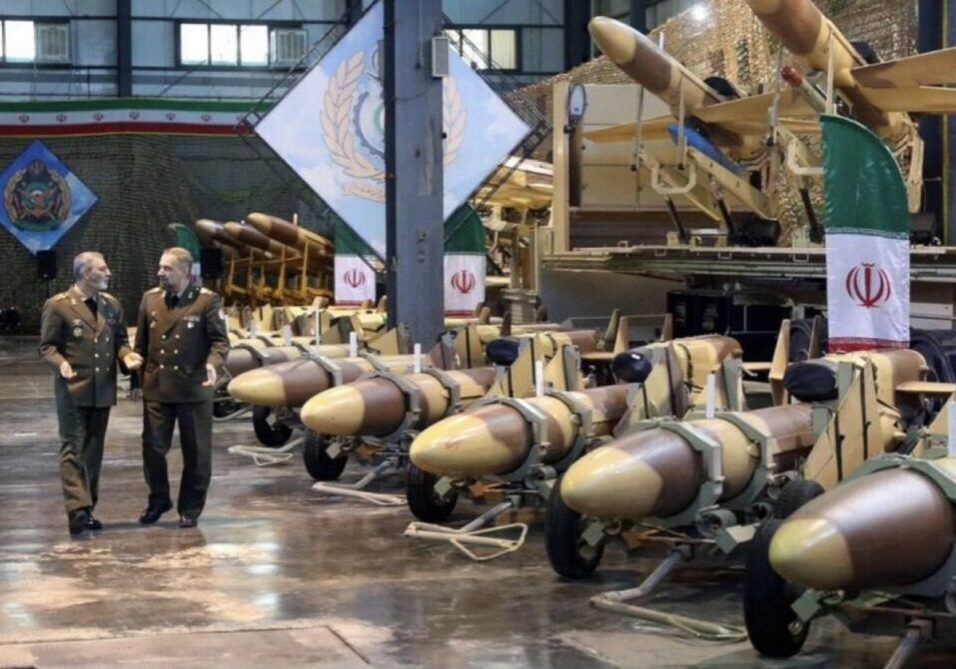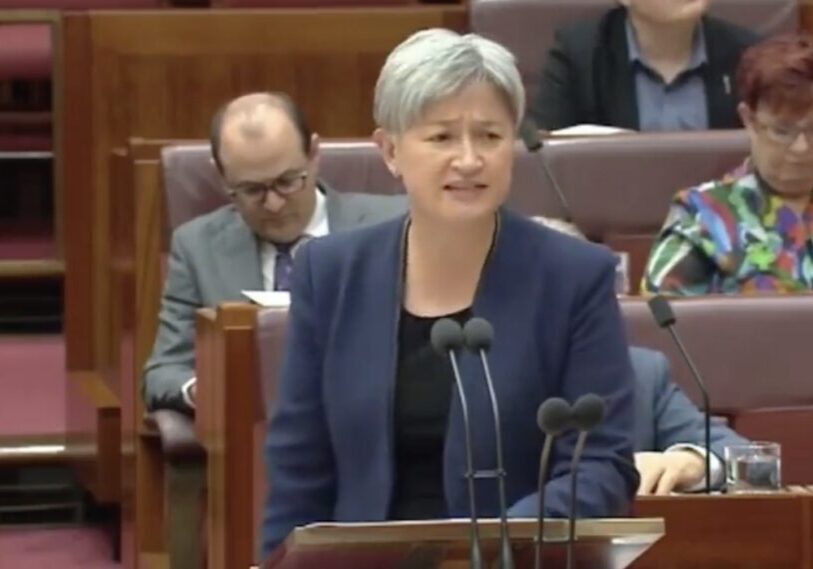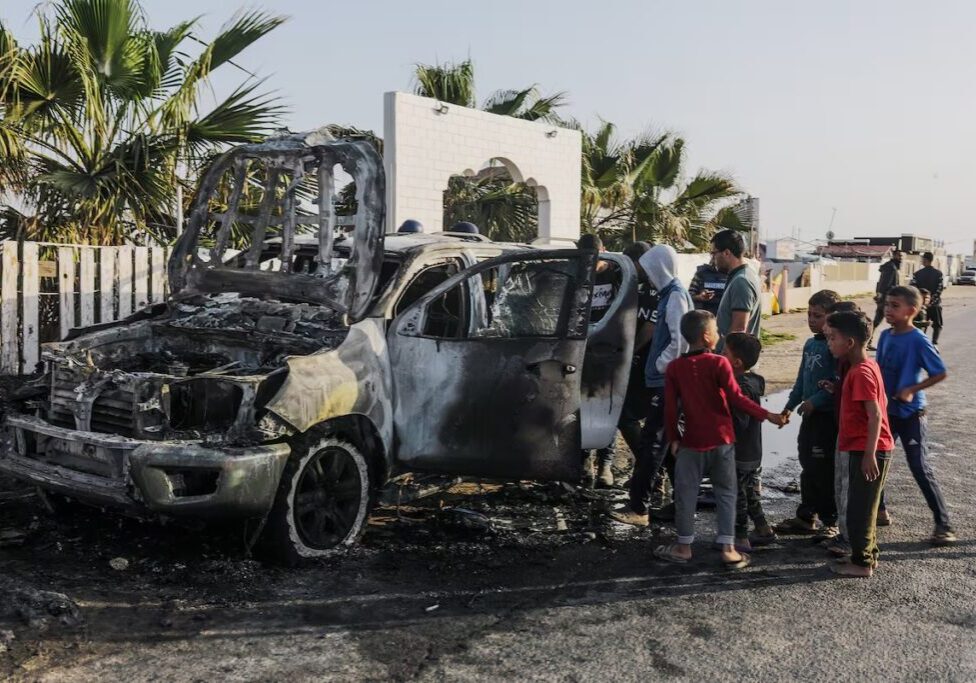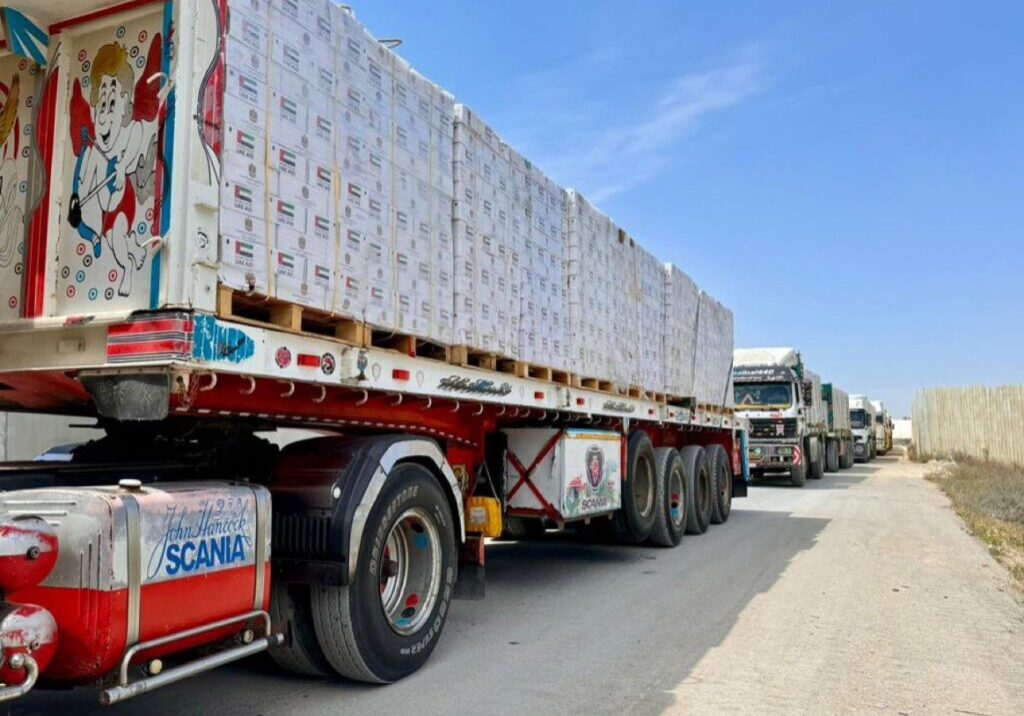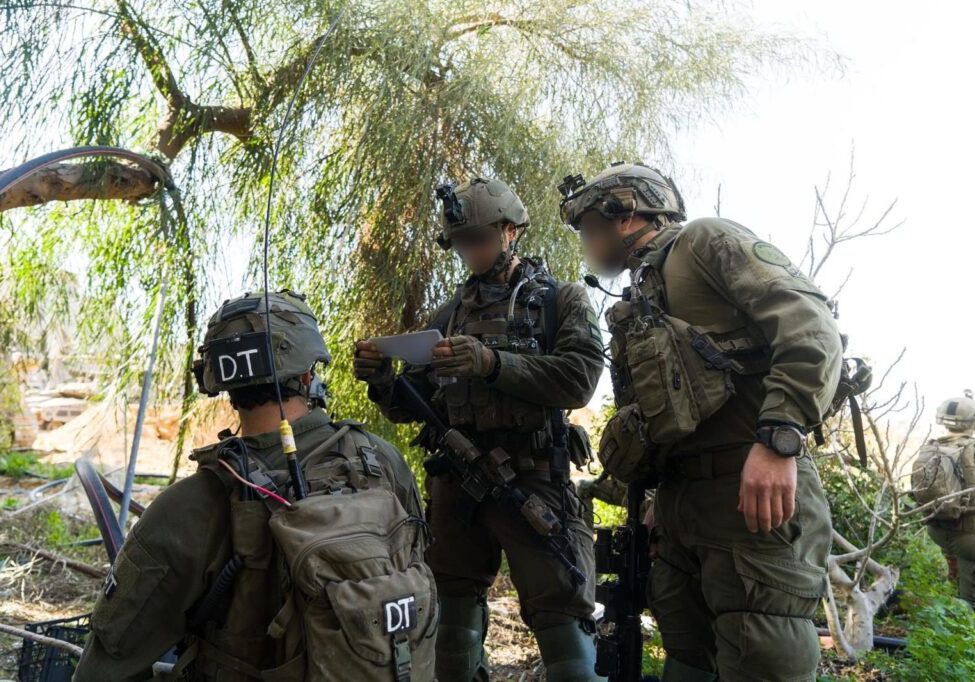Australia/Israel Review
After the Earthquake in Iran
Jul 28, 2009 | Amotz Asa-El
Washington and Jerusalem eye the changing situation
By Amotz Asa-El
The good news is that 30 years on, the Islamist Revolution is finally on the defensive. The bad news is that even the crisis in Iran has so far failed to produce a Western treatment plan for the Middle East’s many ailments.
All seem to agree that the upheaval that followed June’s presidential election in Iran represents seismic changes, both within and beyond the Islamic Republic.
Back in 1979, what began as an internal Iranian affair soon spread, provoking political upheaval from Algeria to the Philippines, and posing an ideological challenge and strategic threat for both West and East, fueled by zeal and petrodollars.
Though involving different versions of Islamism, the West’s loss of Iran and Moscow’s of Afghanistan indicated that a new player had joined the international system, one that proved both eager and well-equipped to redefine it.
True, even in its heyday the Islamist Revolution’s attack on the secularism that was shared by the Cold War era’s rivals was only partially successful. Yes, from an Islamist viewpoint the fall of the USSR was divine punishment for its persecution of Islam, but Islamism failed to capitalise on that success. The prevalence in post-Soviet Central Asia of authoritarianism made a mockery of the democratic epiphany celebrated by Francis Fukuyama as the East Bloc unraveled, but the effort to fashion that region as an Islamist hotbed has also failed. For most of the past two decades, local governments in Central Asia have usually fostered economic development, religious tolerance and diplomatic pragmatism.
Yet Islamism flourished elsewhere.
Militarily, attacks were waged successfully the world over, from Argentina, Thailand and Morocco to Spain, Russia and the United States, taking the lives of thousands. Politically, Islamists registered electoral gains, including some outright victories, in Algeria, Turkey, Lebanon and Gaza, while power was forcefully seized in Sudan and Somalia. Legally, Sharia rules from Iran through Saudi Arabia to Sudan. And geopolitically, the belt to the south of Turkestan, namely Iran, Afghanistan and Pakistan, has emerged as the world’s most explosive region.
Seen against this backdrop, the unrest following Iran’s election in June represents a turning point. Not that anyone can predict the timing or manner of Iranian Islamism’s demise, but the universal impression is that the revolution has lost too many Iranians’ respect, and the entire revolution has lost its fervour. A critical mass of the Iranian public now sees in their leaders a political caste that they no longer deride as merely inept, but also as illegitimate, both legally and morally. Meanwhile, the highest religious authority, Ayatollah Ali Khamenei, has been sucked into the thick of the political fray and reduced to the size of just another public figure representing interests that are as controversial as they are narrow.
All this must impact the global Islamist movement, if even slowly.
True, much of the energy at play, including al-Qaeda’s and the Taliban’s, is not Shi’ite. In fact, at one point last decade, Iran and then-Islamist Afghanistan came close to exchanging military blows. However, Iran’s was by far the most pretentious, wealthy and successful Islamist revolution, with the best organisation and farthest reach. If it is undone in Iran, Islamism will likely start losing its momentum elsewhere, too.
That the Iranian upheaval was neither local nor momentary became manifest in the Lebanese parliamentary election earlier in June, where the Shi’ite Hezbollah movement failed to defeat a pro-Western coalition headed by Sa’ad Hariri. Though more complex than the Iranian development, it still meant that after years of painstaking progress through Lebanon’s notoriously intricate politics, Hezbollah learned that a critical mass of Lebanese are not prepared to see it take over Lebanon itself, even if they will tolerate it using their south to provoke Israel.
For Teheran, this constituted a major diplomatic setback, as Beirut is the most coveted strategic target of Iranian foreign policy. Wresting Western civilisation’s major symbolic bastion in the Arab world would have been for Shi’ites what the 15th-century conquest of Constantinople was for Sunnis: a historic turning point and source of inspiration.
Instead, Iran’s mullahs were dealt in spring 2009 a pair of blows that may prove as ominous for them, and for all of Islamism, as the fall of Stalingrad was for fascism.
While this assessment concerning the quality of Islamism’s recent setbacks is shared by most governments, the roots and implications of the upheaval remain debatable.
Israeli experts emphasise the social roots of the upheaval in Iran.
According to David Menashri, Head of the Iranian Studies Centre at Tel Aviv University (who is due to visit Australia this month) the unrest primarily reflected economic disillusionment. The revolution’s baby boomers are now graduating college and face a shallow labour market, he said in media interviews. Ahmadinejad’s replacement of subsidies with cash handouts to the poor resulted in 30% inflation. The mullahs’ suspicion of foreign investment resulted in 30 years of economic stagnation, as have their bans on interest-based credit and currency liberalisation and their failure to modernise the energy industry.
Menashe Amir, head of Israel’s Persian-language radio broadcasts, added that Iranian listeners he talked to decried Ahmadinejad’s throwing of US$2 billion at Venezuela and Bolivia as part of an effort to offset Washington’s sway in Latin America, as well as his promise of US$500 million to Hamas and his vow to finance Lebanon’s reconstruction. Amir’s listeners viewed such generosity as coming at their expense.
This social thesis explains why the upheaval has so far lacked manifestos that would transcend the relatively narrow cause of one election’s fairness, and why it lacked heroes on the scale of Vaclav Havel or Andrei Sakharov, who could fire the imaginations of millions worldwide. Instead the rioters made do with ageing establishment figures like Hashemi Rafsanjani and Mir Hossein Mousavi. Yes, the people have grown disillusioned with the previous revolution, but if given a chance for a better life they may prove unwilling to risk a true counter-revolution which would squarely attack Khomeinism and shed its legacy.
Moreover, the government’s success, so far, in quelling the riots proves that the ayatollahs, while having lost much of the urban middle classes’ support, retain a solid grip on the working class and the countryside, where the Basij riot police were frequently recruited. This social layer has lots to lose from a potential counter revolution, having been deliberately cultivated by all Islamist governments since 1979.
It follows, that while Islamism is over the hill, and Ahmadinejad’s personal career may be drawing to a premature end, the end of Iran’s role as a global troublemaker may be further away. That is what Israel’s Mossad intelligence agency cautioned, for instance, when its head Meir Dagan predicted in a parliamentary forum during the upheaval’s first days that it will be quelled fairly quickly and efficiently.
Stemming from this is the Israeli government’s assessment, as voiced by National Security Council head Uzi Arad, that post-election Iran remains the Middle East’s No. 1 problem, and that the international effort to undo its nuclear effort had better be accelerated. This view is shared by most Israelis, from academia through the media to Opposition Leader Tzipi Livni.
The view from Washington is different. US President Barack Obama remained attached to his campaign promise to launch an American-Iranian dialogue, even as rioters swamped Teheran. And when the riots were dispersed, US Secretary of State Hillary Clinton told the Council on Foreign Relations that Teheran’s treatment of its opponents was “deplorable,” but even so Washington must dialogue with it over issues like its nuclear program and its support for global terror. Iran, for its part, must decide whether it wants to become “a responsible member of the world community” or continue “on a path of isolation.” More specifically, Iran has a right to civil nuclear power, said Clinton, and it can become a constructive force “if it stops threatening its neighbors and supporting terrorism.”
Netanyahu’s aides say such thinking was naïve from the onset, but following the election saga it has become altogether absurd. Such scepticism is shared by Iran’s Arab rivals, led by Egypt, which explains why Israeli submarines and missile boats have been permitted to cross the Suez Canal, potentially en route to Iranian horizons.
Analysts take it as a given that such activity is coordinated with the US, which would coincide with Vice President Joe Biden’s statement on American ABC TV that Israel has a “sovereign right” to decide how best to deal with Iran’s nuclear threat. The statement was soon disowned by the White House, but Obama also said that the dialogue with Iran would have to bear fruit by December. Evidently, Obama, too, realises he can only waltz for so long with a regime that has lost the free world’s respect.
In the upcoming five months myriad players will be groping for direction through an ever thickening diplomatic fog: Washington will talk to Teheran and try to decipher its bottom line; Teheran will weigh the costs and benefits of its nuclear designs; Europe, Russia and China will probe further sanctions; Israel will consider the risks of an attack; and Egypt will measure the price of perceived military cooperation with Israel. The only player facing even thicker clouds of political doubt and historic uncertainty will be the one whose long-term role may prove the most crucial: the Iranian people.
Tags: Iran

